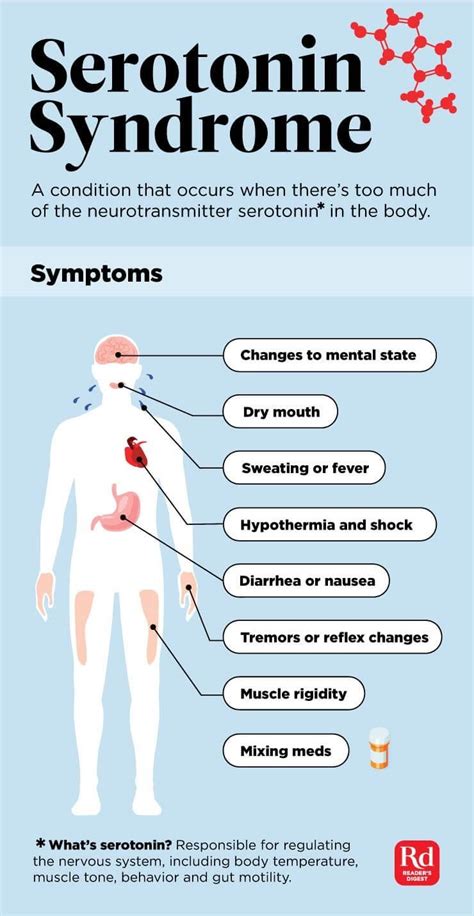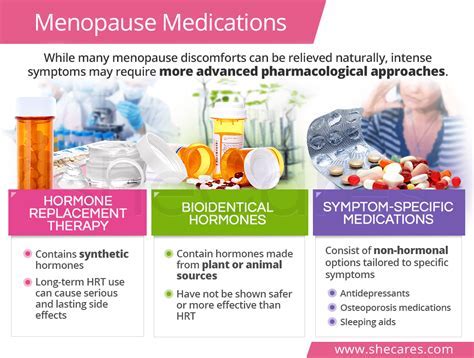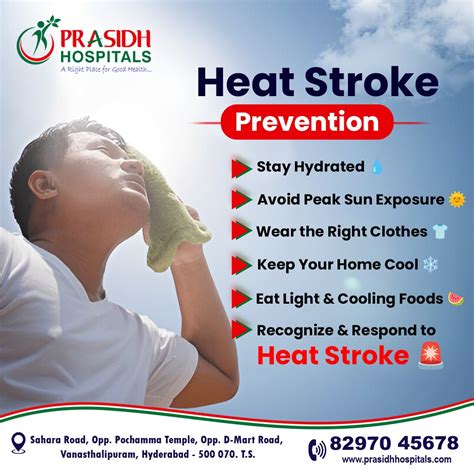Intro
Learn about Serotonin Syndrome symptoms, causes, and treatment. Identify warning signs like agitation, confusion, and rapid heart rate, and understand the risks of SSRI interactions and medication misuse.
Serotonin is a vital neurotransmitter that plays a crucial role in various bodily functions, including mood regulation, appetite, and sleep. However, an excessive accumulation of serotonin in the body can lead to a potentially life-threatening condition known as serotonin syndrome. This condition occurs when the body produces or ingests too much serotonin, causing an imbalance in the nervous system. In this article, we will delve into the importance of understanding serotonin syndrome symptoms, its causes, and the necessary steps to take in case of an emergency.
The importance of recognizing serotonin syndrome symptoms cannot be overstated. Serotonin syndrome can affect anyone, regardless of age or health status, and can be triggered by various factors, including medication, dietary supplements, and illicit drugs. The symptoms of serotonin syndrome can range from mild to severe and can be confused with other conditions, making it essential to seek medical attention immediately if suspected. Prompt recognition and treatment of serotonin syndrome can significantly improve outcomes and prevent long-term damage.
Serotonin syndrome is often misunderstood or misdiagnosed, which can lead to delayed treatment and increased risk of complications. It is essential to educate oneself on the causes, symptoms, and treatment options available for serotonin syndrome. By doing so, individuals can take proactive steps to prevent the condition and seek medical attention promptly if symptoms arise. Furthermore, healthcare professionals must be aware of the potential risks associated with serotonin syndrome and take necessary precautions when prescribing medications or supplements that can contribute to the condition.
What is Serotonin Syndrome?

Causes of Serotonin Syndrome
The causes of serotonin syndrome can be divided into several categories, including medications, dietary supplements, and illicit drugs. Certain medications, such as selective serotonin reuptake inhibitors (SSRIs), monoamine oxidase inhibitors (MAOIs), and triptans, can contribute to the development of serotonin syndrome. Dietary supplements, such as St. John's Wort and ginseng, can also increase the risk of serotonin syndrome. Additionally, illicit drugs, such as ecstasy and LSD, can trigger the condition.Serotonin Syndrome Symptoms

Neurological Symptoms
Neurological symptoms are the most common symptoms of serotonin syndrome and can include: * Confusion and disorientation * Agitation and restlessness * Headache and migraines * Changes in blood pressure * Seizures and comaCardiovascular Symptoms
Cardiovascular symptoms can include: * Rapid heart rate and palpitations * High blood pressure and hypertension * Cardiac arrhythmias and abnormal heart rhythms * Cardiac arrest and heart failureGastrointestinal Symptoms
Gastrointestinal symptoms can include: * Nausea and vomiting * Diarrhea and abdominal pain * Loss of appetite and weight lossTreatment Options

Supportive Care
Supportive care is essential in the treatment of serotonin syndrome and can include: * Discontinuing the offending medication or supplement * Providing hydration and monitoring of vital signs * Managing symptoms, such as nausea and vomiting * Preventing complications, such as cardiac arrhythmias and seizuresMedications
Medications, such as benzodiazepines and cyproheptadine, can be used to manage symptoms of serotonin syndrome. Benzodiazepines can help manage anxiety and agitation, while cyproheptadine can help block the effects of serotonin.Prevention

Awareness
Awareness is essential in preventing serotonin syndrome. Individuals must be aware of the potential risks associated with certain medications and supplements and take steps to minimize these risks.Monitoring
Monitoring for symptoms of serotonin syndrome is crucial in preventing long-term damage. Individuals must be aware of the symptoms of serotonin syndrome and seek medical attention promptly if suspected.What are the symptoms of serotonin syndrome?
+The symptoms of serotonin syndrome can include confusion, agitation, headache, changes in blood pressure, rapid heart rate, high blood pressure, cardiac arrhythmias, nausea, vomiting, and diarrhea.
What causes serotonin syndrome?
+Serotonin syndrome can be caused by the use of certain medications, dietary supplements, and illicit drugs. Certain medications, such as SSRIs, MAOIs, and triptans, can contribute to the development of serotonin syndrome.
How is serotonin syndrome treated?
+Treatment for serotonin syndrome typically involves supportive care and medication to manage symptoms. In mild cases, treatment may involve discontinuing the offending medication or supplement and providing supportive care. In severe cases, treatment may involve hospitalization and the use of medications, such as benzodiazepines and cyproheptadine, to manage symptoms.
Can serotonin syndrome be prevented?
+Yes, serotonin syndrome can be prevented by being aware of the potential risks associated with certain medications and supplements, informing healthcare providers of all medications and supplements being taken, avoiding the use of illicit drugs, and monitoring for symptoms of serotonin syndrome.
What should I do if I suspect serotonin syndrome?
+If you suspect serotonin syndrome, seek medical attention promptly. Provide your healthcare provider with a list of all medications and supplements you are taking, and inform them of any symptoms you are experiencing.
In
Final Thoughts

